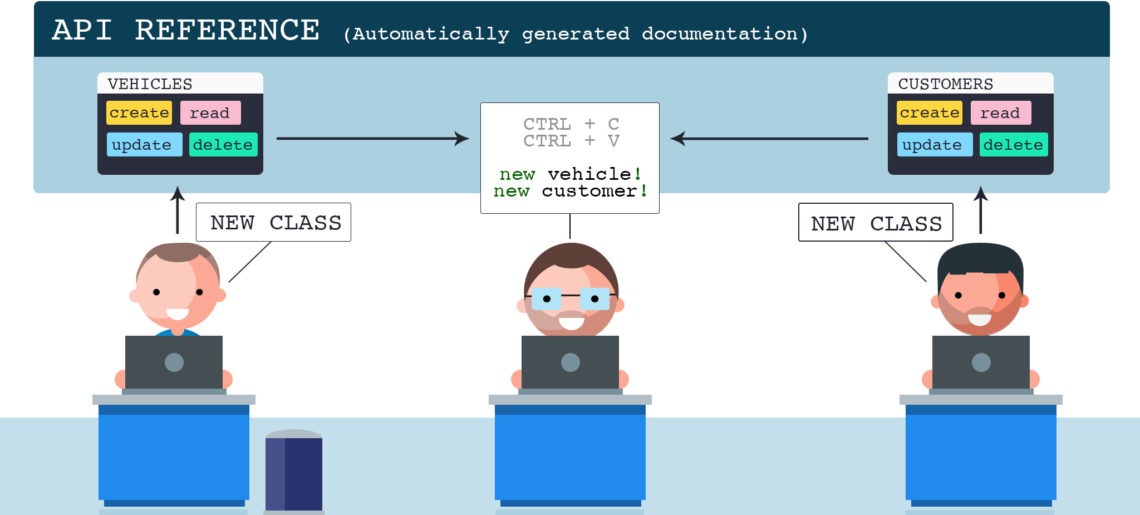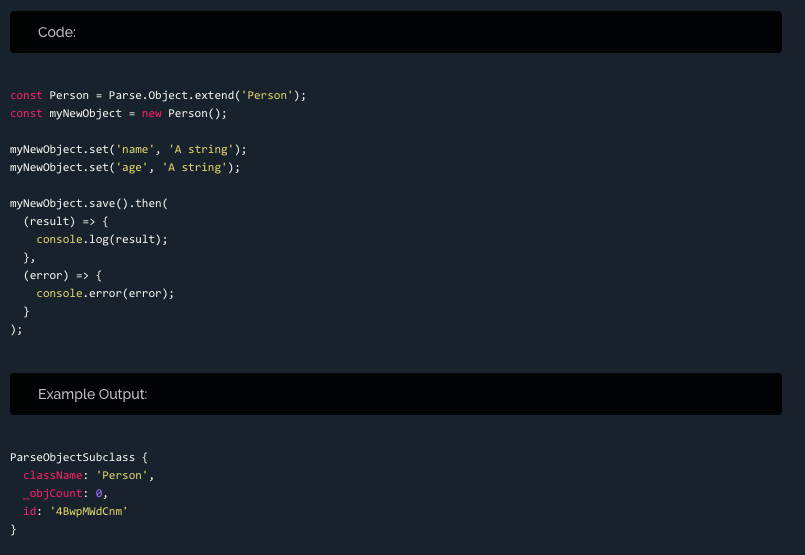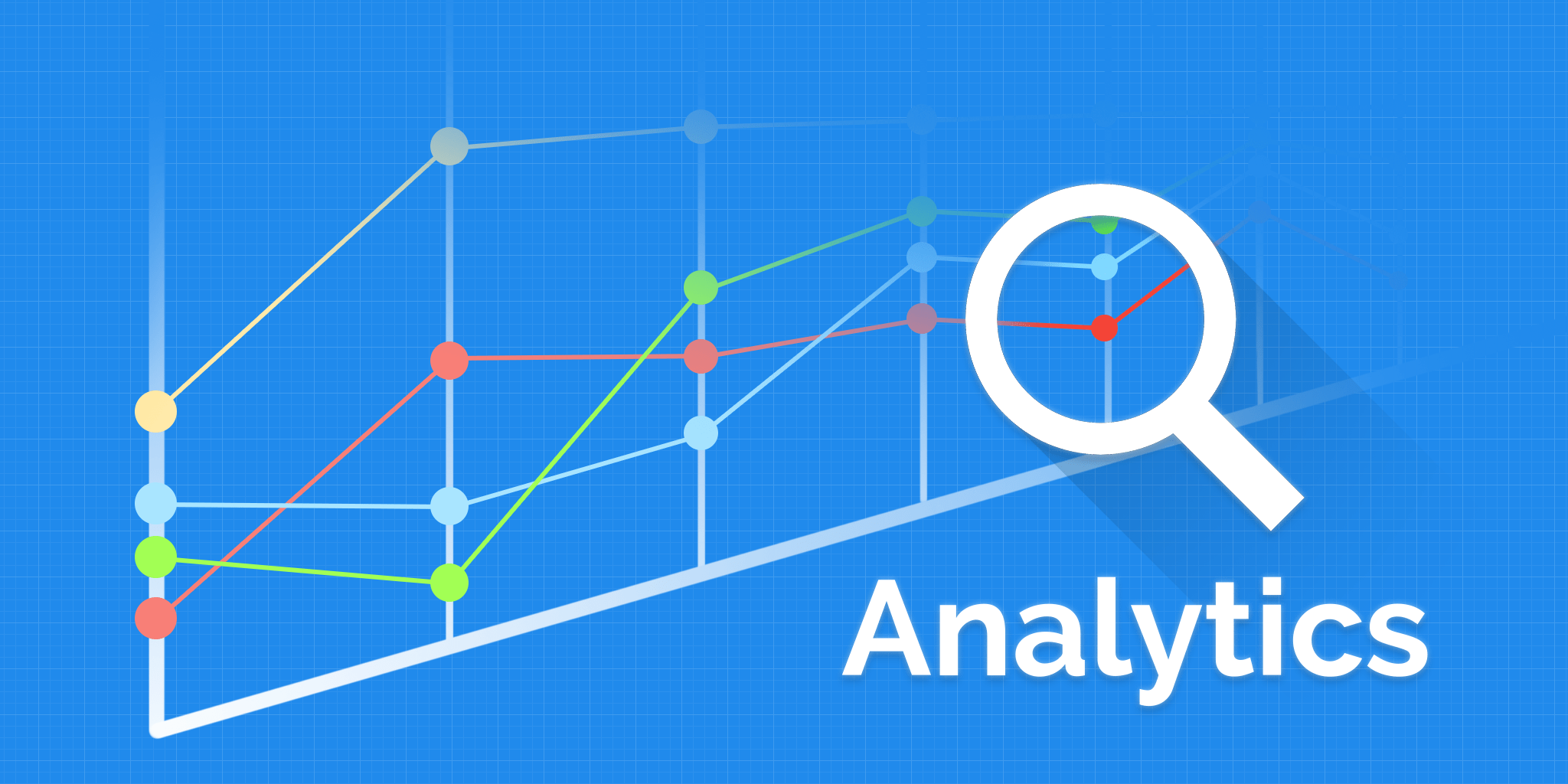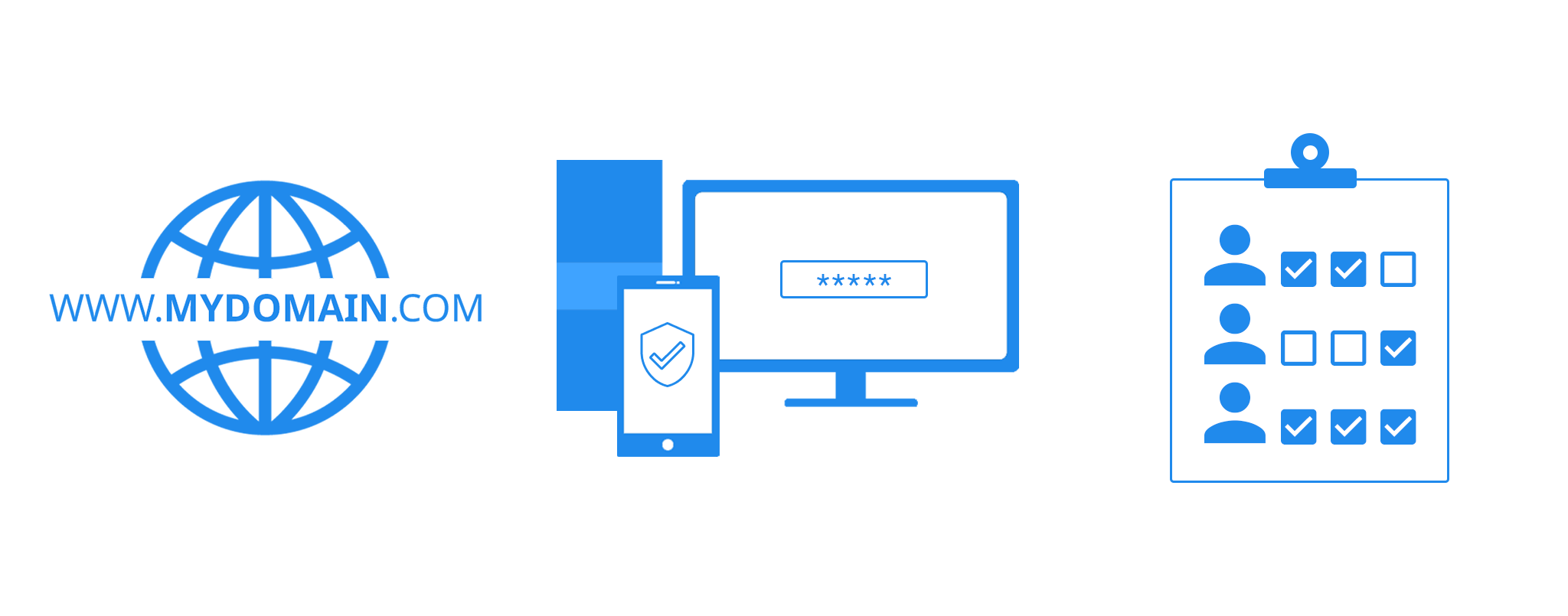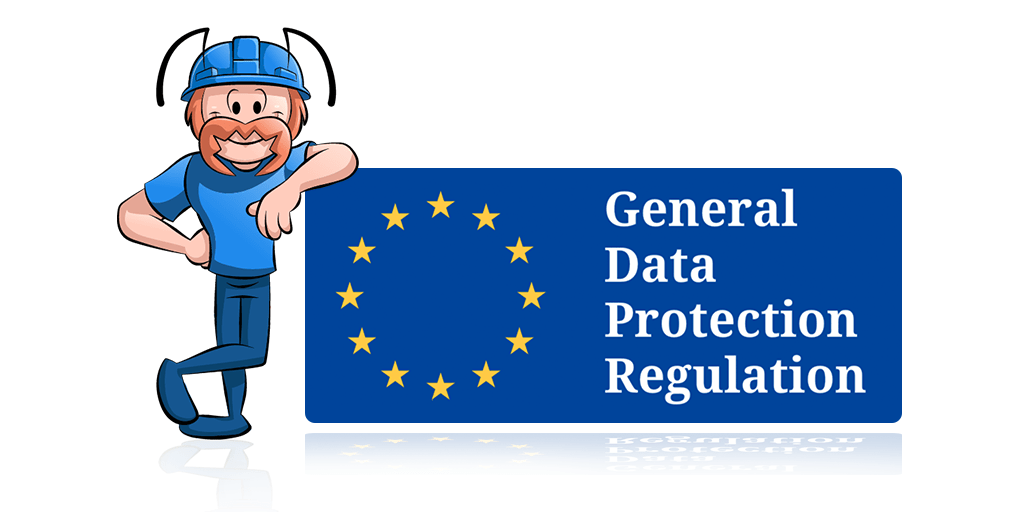Back4App has long provided the tools necessary to build software applications. This past week, we released an API Documentation tool to further augment the development experience. The platform automatically generates docs for any objects saved in your database. This includes code snippets for each of the supported programming languages, as well as example requests and responses:
Track any event in your app with Parse Analytics
We are pleased to announce that Back4App has recently launched a new advanced, innovative feature for its customers, and that is the ‘Parse Analytics Tool.’ The end goal of rolling out this ready-to-use feature is to gather and analyze accurate, relevant event data to better understand your users as well as track data-driven reports to monitor the health and performance of your app in real-time. This tool helps you to improve your app to achieves better performance and successfully meets your business’s pre-defined goals like conversion and engagement rate.
Announcing new features on security and web-hosting
We are pleased to announce that we have introduced a raft of advanced and robust features for our Back4App users. The motive behind implementing these features is to get our customers more productive and secure. These facets are simple yet pretty effectual, and you can customize them without any difficulty. So let’s check them out!
GDPR best practices in 7 steps
The European Union’s General Data Protection Regulation, GDPR is effective since May 25, 2018. A lot has been done to make IT companies compliant with GDPR, however, it is just the beginning. Although it applies only to European citizens GDPR rules imposed a new reality in the world and all the efforts made to achieve compliance to this regulation can be lost if organizational practices and infrastructure are not maintained.
GDPR FAQ for App developers
On May 25, 2018, the European General Data Protection Regulation (GDPR) that has been in the pipeline for a couple of years now goes into effect across European Union EU and European Economic Areas EEA. This has replaced the old privacy laws of 1995. It is a much tougher regime now, not least because companies must adhere to a new framework that creates consistent and reliable data protection rules across the EU and EEA. All businesses that process the personal data of individuals in the EU and EEA must comply with the GDPR or risk strict penalties and fines. The regulators will be able to impose hefty fines on organizations that misuse customers/citizens personal information.
Parse Server and Android : A perfect solution for your app Backend
Do you own a business or have an awesome product to put on display? If yes, are you already on the web and the Play Store? In this era of digitization, with businesses going online and the number of mobile devices increasing exponentially, it’s imperative for every product and company to reach out to its customers’ mobile.
